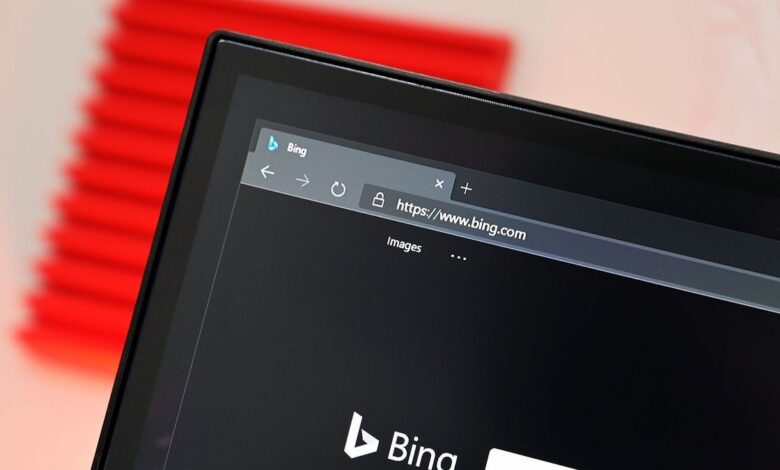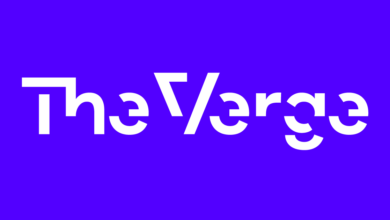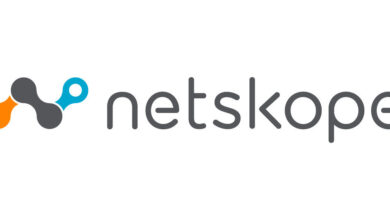Bing is under scrutiny for its generative risks on elections

What you need to know
- The EU has issued a legally binding request to Microsoft seeking Bing’s internal documents and data.
- The Commission states that the search engine is on its radar because its supercharged AI tools like Copilot and Image Creator from Designer could potentially be used to mislead and misinform voters about the forthcoming elections.
- Based on their findings, the EU could launch formal proceedings and subject Microsoft Bing to provisions introduced by the DSA (Digital Services Act).
Despite Microsoft CEO Satya Nadella confidently stating there’s “enough technology” to protect the US presidential election from AI deepfakes and misinformation, the European Commission has issued a legally binding request to the tech giant seeking Bing’s internal documents and data.
The Commission initially requested this information in March, aiming to assess the possible risks associated with Bing’s sophisticated AI-powered tools, including Copilot AI and Image Creator from Designer (formerly Bing Image Creator). However, Microsoft failed to furnish the EU with information.
Per the request, Microsoft has exactly 10 days (until May 27) to respond. If it fails to deliver on this request, the EU will have probable cause to impose fines of up to 1% of Microsoft’s total annual income or worldwide turnover and periodic penalties of up to 5% of the provider’s average daily income or worldwide annual turnover.
According to The Commission:
“The request for information is based on the suspicion that Bing may have breached the DSA for risks linked to generative AI, such as so-called ‘hallucinations,’ the viral dissemination of deepfakes, as well as the automated manipulation of services that can mislead voters.”
The Commission further stated that Generative AI is one of the risks identified under its Digital Services Act (DSA) as a potential threat to the electoral process. As such, Microsoft must conduct comprehensive risk assessments and adopt respective risk mitigation measures outlined in Articles 34 and 35 of the DSA.
Bing, a “very large online search engine,” must comply with the provisions introduced by the DSA. At this time, the Commission suspects that the search engine could pose a risk to civic discourse and electoral processes. The DSA specifies that it is within its mandate “to request, by decision, further information to Bing relating to suspected infringements,” as highlighted in Article 67(3).
After accessing Microsoft’s submissions, the Commission could decide to open formal proceedings based on the findings.
Is AI a threat to electoral processes?
Microsoft has implemented measures to maintain the integrity of the impending US presidential election, including watermarking, detecting deepfakes, and content IDs. It has also highlighted its plan to empower voters with authoritative and factual election news on Bing ahead of the poll.
READ MORE: You’ll ‘need’ to use Bing to repair your Windows 11 device
However, a previous report has highlighted several instances of Microsoft Copilot furnishing voters with misleading information regarding the forthcoming elections. Researchers indicate the issue is systemic, as the chatbot was also spotted generating misleading information about the election process in Germany and Switzerland.
There are reports of China using AI-generated images, videos, and memes to misinform voters about the elections and brew outrage in the US, South Korea, and India. This is consistent with deepfake press statements generated using Microsoft Copilot regarding a Russian de facto opposition leader’s recent passing, potentially placing President Biden and President Putin at loggerheads.



